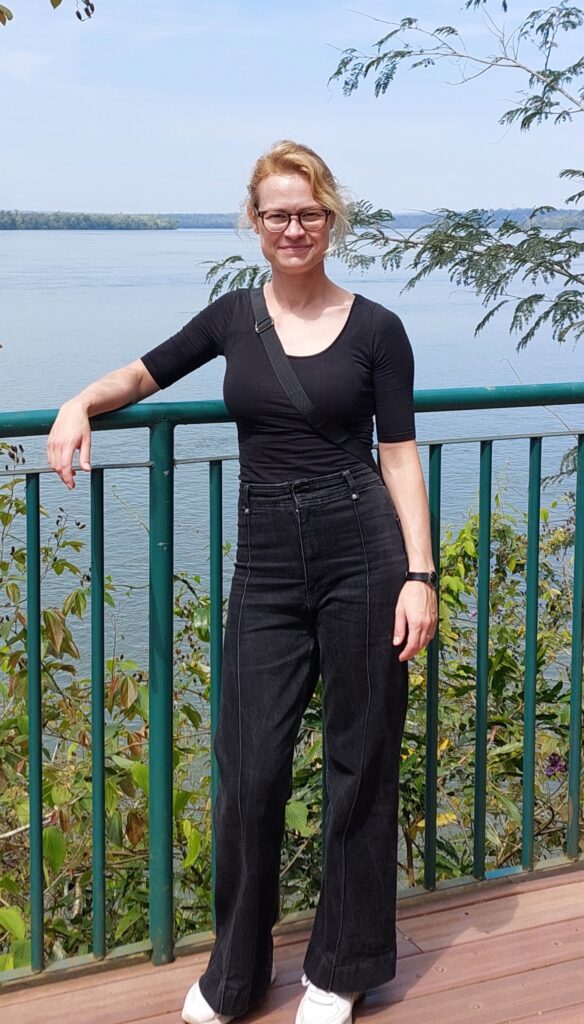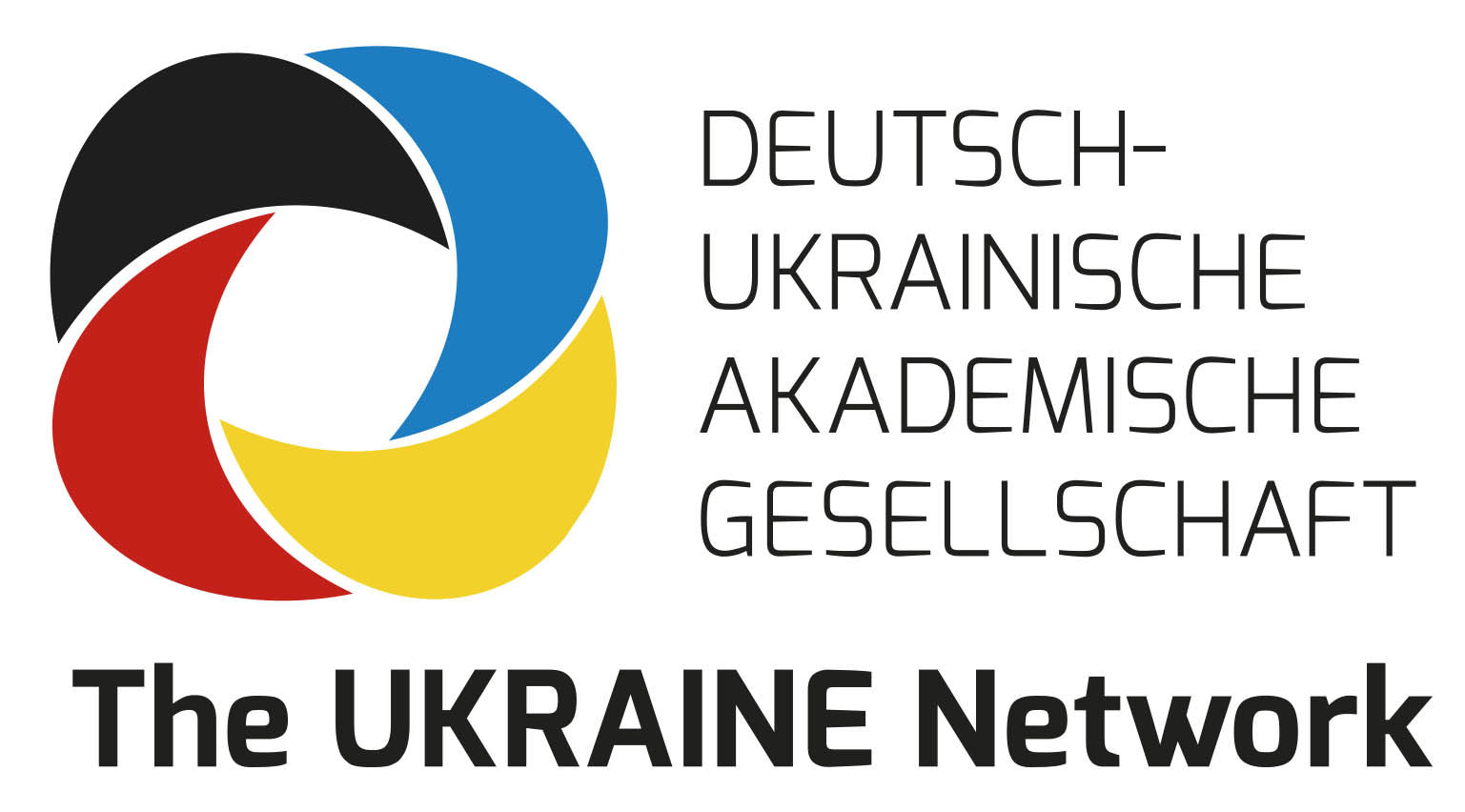
Natalia Chepiga (Photo copyright: Artem Pulkin)
Natalia Chepiga will join the Department of Physics, the University of Oxford, to implement the ERC-funded project TRANGINEER: “Advancing the theory of quantum phase transitions in the era of quantum computing”. With the project Dr Chepiga aims to develop new methods to computationally model quantum systems, focusing on the phenomena that occur between different quantum phases of matter. This could lead to the discovery of many new quantum phase transitions, in particular those that do not conform to known rules. These theory predictions could also be verified on available quantum simulation platforms.
Natalia graduated with BSc in Applied Physics with First Class Honors from the Department of Theoretical Nuclear Physics of the V.N.Karazin Kharkiv National University, Ukraine in 2011 and received her Master in Physics from the École Polytechnique Fédérale de Lausanne (EPFL), Switzerland in 2013. She gained her PhD (Docteur ès sciences) with Distinction from the Doctoral School of Physics, EPFL in 2017. She then worked as a postdoc at the University of California, Irvine, USA and at the University of Amsterdam, Netherlands. In 2021 Natalia joined as the Assistant Professor the Kavli Institute of Nanoscience, Faculty of Applied Sciences at the Delft University of Technology in the Netherlands and was awarded the Minerva prize of the Dutch Physics Council and Netherlands’ Physical Society. Since 2024 Natalia serves as Associate Editor of the Physical Review Research of American Physical Society.
- Web-page of Natalia Chepiga
- Find all ERC Starting Grants 2025 here
- The University of Oxford, Department of Physics news
The ERC Starting Grants program provides funding for research projects with a maximum budget of €1.5 million over a period of up to five years. This prestigious award is designed to support exceptional researchers at the beginning of their careers to launch their own projects, build research teams, and pursue their most promising ideas. In this round the success rate was approximately 12,2%.
Some other news on ERC awardees of Ukrainian origin can be found here
